The practice of nearshoring, whereby companies outsource their welding operations to neighboring countries, has gained prominence. Owners.engineer explores the competitiveness of Serbia as a nearshoring destination for welding outsourcing from EU industries. We will examine the advantages offered by Serbia, including its skilled workforce, cost-effectiveness, quality standards, geographical proximity, and the benefits of nearshoring for EU companies.
1. Skilled Workforce:
Serbia boasts a highly skilled workforce in the field of welding, making it an attractive nearshoring destination for EU industries. The country has a tradition of metalworking expertise and a robust vocational education system that nurtures talented welders. Serbian welders are known for their proficiency in a wide range of welding techniques, including arc welding, MIG/MAG welding, TIG welding, and more. Their expertise and attention to detail ensure the production of high-quality welded components.
2. Cost-Effectiveness:
One of the primary drivers of nearshoring welding operations to Serbia is its cost-effectiveness compared to Western European countries. Labor costs in Serbia are considerably lower, allowing EU companies to achieve cost savings without compromising on quality. Lower overhead expenses, such as facility leasing and utilities, contribute to the cost advantage as well. By nearshoring to Serbia, companies can leverage these cost savings while maintaining competitiveness in the market.
3. Quality Standards:
Serbian welding companies adhere to international quality standards, ensuring that outsourced welding operations meet the stringent requirements of EU industries. Many Serbian welding firms hold relevant certifications, such as ISO 3834 and EN 1090, which demonstrate their commitment to maintaining high-quality production processes. EU companies can be confident in the quality of welds produced in Serbia, as they undergo rigorous inspection and quality control measures.
4. Geographical Proximity:
Serbia’s geographical proximity to EU countries provides logistical advantages for nearshoring welding operations. The shorter distance and well-developed transportation networks enable faster and more efficient delivery of welded components to EU customers. Reduced transportation time and costs contribute to the overall competitiveness of nearshoring to Serbia, allowing for improved supply chain management and customer responsiveness.
5. Benefits of Nearshoring:
By nearshoring their welding operations to Serbia, EU companies can realize various benefits. Firstly, nearshoring allows for streamlined communication and collaboration due to cultural similarities and overlapping time zones. This facilitates effective project management and minimizes potential language barriers. Secondly, nearshoring offers greater control and oversight compared to offshoring to distant locations. It enables companies to maintain closer proximity to the production process, ensuring quality control and prompt problem resolution.
Serbia’s competitiveness as a nearshoring destination for welding outsourcing from EU industries is evident. The country’s skilled workforce, cost-effectiveness, adherence to international quality standards, geographical proximity, and the associated benefits of nearshoring make Serbia an appealing choice for EU companies seeking to outsource their welding operations. By leveraging Serbia’s welding expertise, EU industries can enhance their competitiveness, achieve cost savings, and maintain high-quality standards. Nearshoring to Serbia not only offers operational efficiencies but also fosters collaboration and strengthens the relationship between EU companies and their Serbian welding partners.
